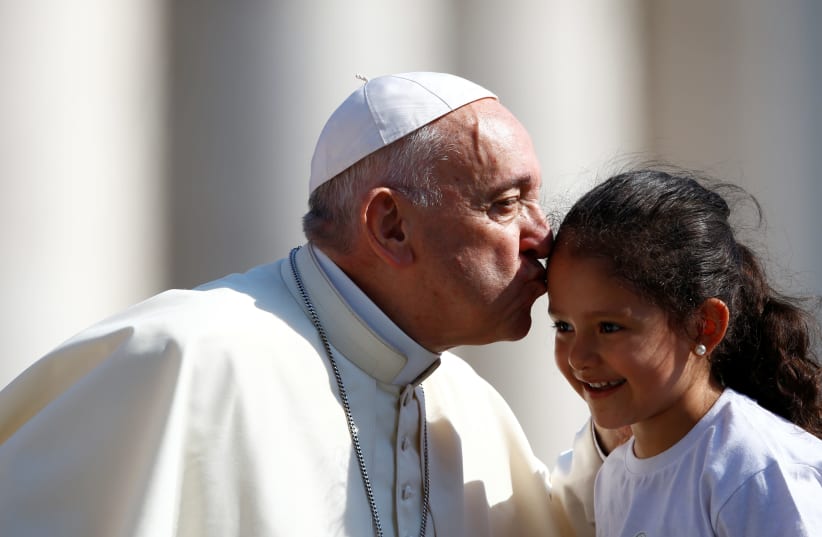Pope Francis, in another step towards greater equality for women in the Roman Catholic Church, on Monday changed its law to allow them to serve as readers at liturgies, altar servers and distributors of communion.
In a decree, the pope formalised what already has been happening in many countries for years. But with the change in the Code of Canon Law, conservative bishops will not be able to block women in their diocese from those roles.
But the Vatican stressed that the roles were "essentially distinct from the ordained ministry", and were not an automatic precursor to women one day being allowed to be ordained priests.
In the decree, called "Spiritus Domini" (The Spirit of the Lord), Francis said he had acted after theological reflection.
In an accompanying letter, the pope said he wanted to bring "stability, public recognition" to women already serving in the roles.
"This shift bring the institutional Church in alignment with the pastoral realities around the world," said Kate McElwee, executive director of the Women's Ordination Conference, which promotes a female priesthood.
In a big shift last August the pope appointed six women, including the former treasurer for Britain's Prince Charles, to senior roles in the council that oversees Vatican finances.
Francis has already appointed women as deputy foreign minister, director of the Vatican Museums, and deputy head of the Vatican Press Office, as well as four women as councillors to the Synod of Bishops, which prepares major meetings.
He has also set up commissions to study the history of women deacons in the early centuries of the Catholic Church, responding to calls by women that they be allowed to take up the role today. Advocates of a female deaconate hope it could lead to women priests.
Deacons, like priests, are ordained ministers, and as in the priesthood, must be men in today's Church. They may not celebrate Mass, but they may preach, teach in the name of the Church, baptise and conduct wedding, wake and funeral services and even run a parish with the permission of a bishop.
